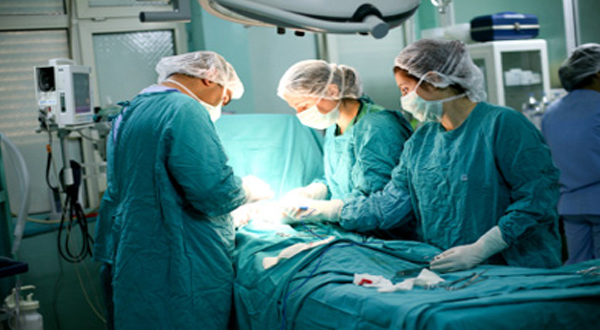By MUQADDAS ZULFIQAR AWAN
Hernia itself is defined as protrudes bulge or Projection of an organ or a part of an organ Through the body wall that normally contain it. A hernia happens when an internal organ pushes through a weak spot in your muscles or tissue. There are several types of hernia that you can experience including inguinal hernias, femoral hernias, umbilical hernias and hiatal hernias. If you have hernia it’s important to treat it quickly.
What causes a hernia?
Inguinal and femoral hernias are due to weakened muscles that may have been present since birth or are associated with aging and repeated strains on the abdominal and growing areas. Such strain may come from physical exertion, obesity, pregnancy, frequent coughing or staining on the toilet due to constipation.
What are symptoms?
It can disappear when lying down, laughing, coughing, straining during a bowel movement more symptoms include,
Swelling or bulge in the groin or scrotum.
Increased pain at the site of the bulge.
Pain while lifting.
Increase in the bulge size or time.
A sense of feeling full or sign of bowel obstruction.
How is hernia Diagnosed?
It is usually possible to see or feel a bulge in the area where hernia has occurred by physical exam. As part of a male’s typical physical exam for inguinal hernias, the doctors feel the area around the testicles and grain while the patient is asked to cough. In some cases soft tissue imagining like a CT scan will accurately diagnose the condition.
Which kind of doctors do you see for hernia and how it’s treated?
Treatment will start with your primary care provider. If you need surgery to repair the hernia you will be referred to a general surgeon..
Hernia usually don’t get better on their own and surgery may be only way to repair them.
Three type of hernia surgery can be performed
Open surgery
Laparoscopic surgery
Robotic hernia repairE
ach type of surgery has it’s advantage and disadvantage.
What can happen if hernia is not treated? And how can a hernia be prevented?
Complication of an untreated hernia inguinal or femoral hernia may include.
Obstruction
Strangulation
It can be prevented by,
Maintain ideal body weight
Eat enough fruits, vegetables and grains to avoid constipation.
Use correct form when lifting weights or heavy objects.
See your doctor when you are ill with persistent cough or sneezing.
Don’t smoke as the habit cam lead to coughing that triggers a hernia.





